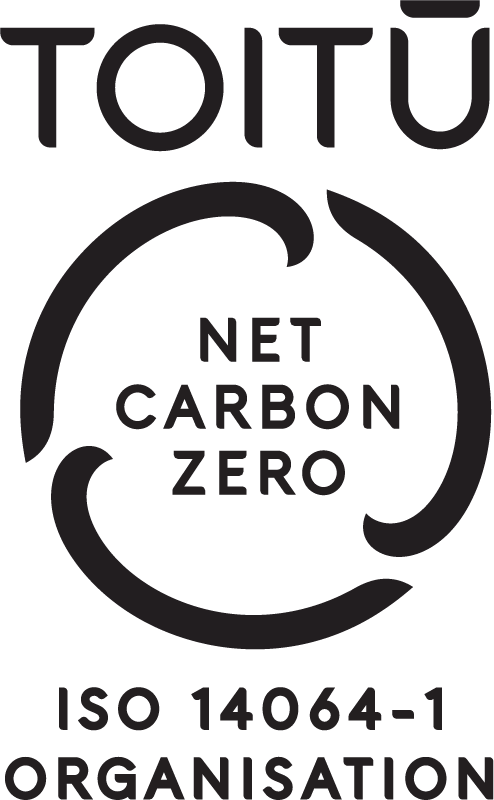The Big Draw Down: The products and policies we need for the retirement boom
13 June 2024Between the cost-of-living crisis, uncertain future tax policy, persistent high inflation, and the mounting pressure on universal super as super annuitant numbers increase, there is significant volatility in policy and household incomes, and currently no clear picture as to how this coalition government will manage long-term expenditure, revenue-gathering, or policymaking in these areas.
Amid these conditions in Aotearoa New Zealand and elsewhere, the big drawdown is happening. Based on demography we are in a phase of drawdown now: pensions, inheritances, and intergenerational wealth, cashing up non-liquid assets to support post-retirement lifestyles, including costly aged-care services.
Our current position and what the big drawdown means for our future.
Our tax system has served us well, but there is an increasing gap between the haves and have-nots, indicating a need for a remodelling or rethink. Other countries have bitten the bullet and changed the retirement age for government pensions or changed eligibility requirements or tax incentives for private pension provision.
In doing so it bears considering what could be on the table: aside from actual tax havens, New Zealand is one of the most tax-benign jurisdictions in the world. We have a simple tax structure – unlike say Australia, where the structure is quite complex – and we don’t have stamp duty (as in AU and others) or inheritance tax (high percentage in UK (40%), Germany, and elsewhere). Our capital gains tax is currently limited to residential property investments held for less than 10 years.
To serve our aging population, New Zealand is going to need more income products than growth products, and the financial industry will have to come up with these. One such product is annuities, always a massive discussion among those in the industry. We don’t have a significant annuities market because we don't have long-dated bonds, so we can't hedge against them. We also really don’t have a guaranteed product structure – again, often available in other countries, depending on the shape of the yield curve.
What is happening overseas could be a cautionary tale for New Zealand. In France, 2023 brought a months-long series of nationwide protests over the government’s proposal to increase the retirement age from 62 to 64. In the UK, Chancellor Jeremy Hunt has abolished a technical feature, the lifetime allowance (LTA), meaning the former pension cap of £1.2 million before a tax is levied no longer exists from 2024/2025. This is designed to incentivise further saving in private pensions.
Potential solutions for the financial betterment of all New Zealanders
For me, tax is about fairness. We don’t have an inheritance tax and we obviously don't have much tax incentive for savings, again unlike Australia, where retirement saving is compulsory and is augmented by a co-contribution scheme which has significant benefits for low- and middle-income earners. There are also heavy incentives and subsidies for life and income protection policies.
Here, on the other hand, we have a very plain vanilla-type solution with universal super and KiwiSaver in relative infancy in terms of balances. Any government wanting to strengthen the general financial position of New Zealanders needs to set the playing field and the platform for where the tax incentives sit and what they're trying to achieve. This could include either more personal provision for retirement to enable the sustainability of the current retirement age or means testing for universal super.
I was on New Zealand’s Capital Markets Taskforce 2029 and we made a number of recommendations in relation to KiwiSaver, R&D tax credits, venture capital, and more. These recommendations included:
- More flexibility, such as allowing multiple fund manager choices in your KiwiSaver to encourage more informed and interested engagement with savings.
- Access for KiwiSaver investors to more growth options, e.g. private and alternative assets. Some managers are already incorporating a range of unlisted investments, such as social housing, vineyards, and venture capital strategies; but the place for illiquid assets needs consideration of appropriate percentages to hold in a retirement fund, how these assets are priced, and the independence and reliability of these valuations. Unit pricing standards need to reflect fairness for incoming, outgoing, and static investors in the fund which owns these types of assets. An understanding of the impact of infrequent and potentially conflicted pricing of assets, and a clear policy on this, are currently lacking.
- Solutions for infrastructure investment by central and local government, whether through KiwiSaver or a listed fund.
- NCEA courses linked to financial capability and literacy.
- Changing the way KiwiSaver is taxed, to allow your savings pot to grow faster during your contribution years.
Rebecca Thomas, founder and CEO of Mint Asset Management Limited, is a professional director, entrepreneur, lawyer, and investor. With a mission to give New Zealanders unfettered access to professional investment expertise and the tools to be financially independent, Rebecca founded the substantial wholesale fund management business Mint in 2006. In 2021 she founded Amplifi Group, of which she is a director.
Disclaimer
The above article is intended to provide information and does not purport to give investment advice. Mint Asset Management is the issuer of the Mint Asset Management Funds. Download a copy of the product disclosure statement at mintasset.co.nz.


